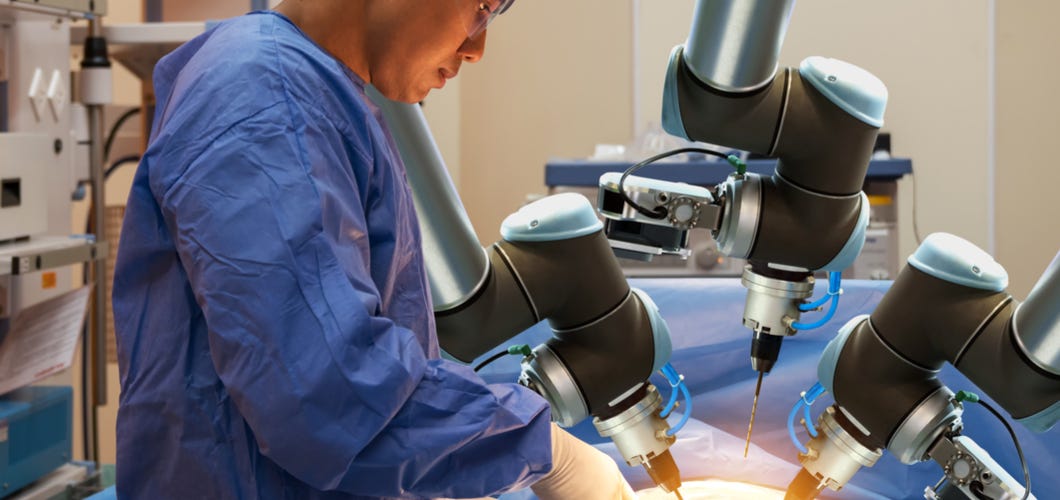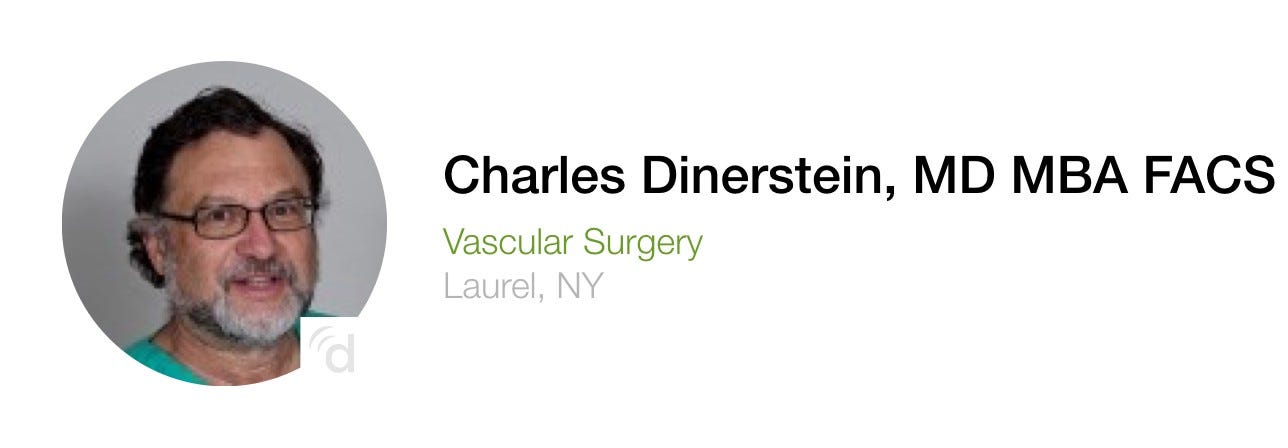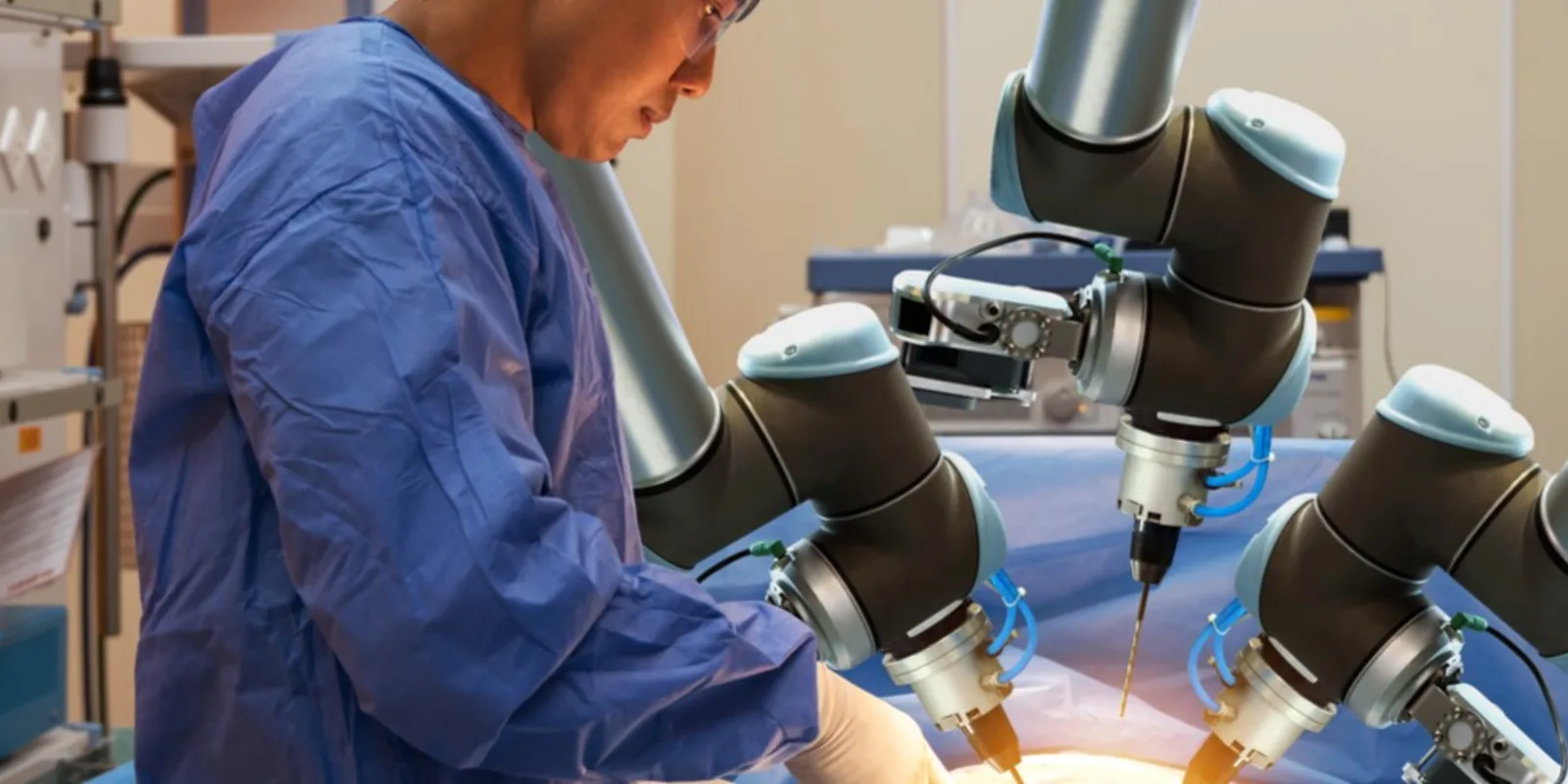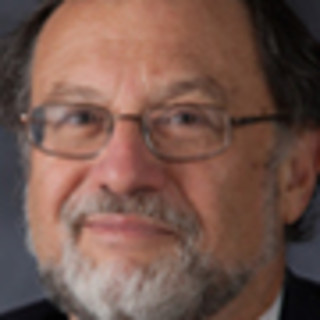 Image: Zapp2Photo/shutterstock.com
Image: Zapp2Photo/shutterstock.comWords matter. The words we use are often imperfect reflections of how we perceive the world, and in that imperfection, they frequently give us insight into our perceptions. For example, consider our use of the word “time.” It flies, it is wasted or well spent, and it waits for no one — it seems “time” is more a resource, a physical entity.
Words can also be misconstrued. “Robotic surgery,” when used in both our medical literature and in our mainstream lives, doesn’t refer to robots doing surgery. It refers to the Da Vinci system for remote laparoscopic surgery. I am concerned about the words “robotic surgery.” I think it is time to remove them from our professional speech. Physicians’ work is not done by robots.
A recent Wired article asked, “What is a robot?” According to the writer, robots sense, think, and act autonomously. Sensors provide information about our environment to machines, a system that is highly evolved in many areas. For example, an auto flight system knows about the aircraft, other objects in the space, the weather, and its geophysical position. Auto flight systems can fly a 600,000-pound object in increasingly-exceptional circumstances. But, do they think? I do not want to get entangled in a conversation, at least today, about algorithms and deep learning. But, if these systems were truly autonomous, the pilot wouldn’t be sitting in the front, monitoring them.
Are our robotic surgical systems robots? By this definition, no. They clearly do not think or act autonomously, and I am unaware of how they sense. So, why are we calling them robots?
“This nuance is important, because ‘robot’ is a powerful word,” the Wired article notes. “The word robot generates a lot of attention and fascination and sometimes fear,” roboticist Kate Darling said in the report. “You can use it to get people’s attention…it’s much sexier to call something a robot than calling something a dishwasher.”
Consider instead this description by an amputee of his prosthetic legs:
“… And so I pulled the covers off my legs and started to force myself, and then to genuinely delight in this weird structure that now was my legs. I love these legs. These legs aren’t some cheap imitation of what I lost. These are wholly new things. These are different things that deserve their own space and credit. …a nod to both Mother Nature and to human ingenuity for harnessing it.”
Isn’t that what a Da Vinci system is all about, melding our vision and motor skills with enhancing technology? It is more prosthesis than robot. Consider all the tools that enhance surgeons: 3D reconstructions on the fluoroscopy screen to navigate through blood vessels to place wires, hearing aids that Bluetooth to your phone, surgical glasses that magnify their view. Surgeons welcomed, rather than dreaded, the arrival of surgical lenses in the early 80’s. I don’t know of a physician who felt belittled by them. The da Vinci has been similarly adopted (after some sticker shock). Now, which surgeon feels replaced, rather than enhanced? Why have we chosen to christen the Da Vinci system a robot rather than one of our tools? This tool makes us cyborgs: a more enabled mash-up of man and machine.
Is robotic surgery a marketing ploy? Is it a sexier, friendlier way to describe our actual cyborg selves? Are we more comfortable saying “robot” than to consider ourselves freakish “cyborgs” or “technologically enhanced” humans?
Every time we refer to robotic surgery we belittle and devalue our real role. The longer we continue, the easier it is to confuse the tool with the physician. No article points out that a given procedure was performed with or without surgical glasses. The choice of instrument is subservient to its user. I understand that using a Da Vinci Surgical System is different than conventional laparoscopy or open surgery, but we need to return it to its proper role; it is our tool, not our autonomous colleague.
We should embrace and celebrate our cyborg ways. If we fail to convey who is master, we risk public confusion. In an age of increasing automation, artificial intelligence, and semi-autonomous machines, perpetuating that confusion will cost our profession dearly.

Charles Dinerstein, MD, MBA, FACS is a retired vascular surgeon and senior fellow at the American Council on Science and Health where he writes on contemporary health issues. His more philosophical thoughts can be found at Surgical Analytics. He is a 2017–2018 Doximity Fellow.







